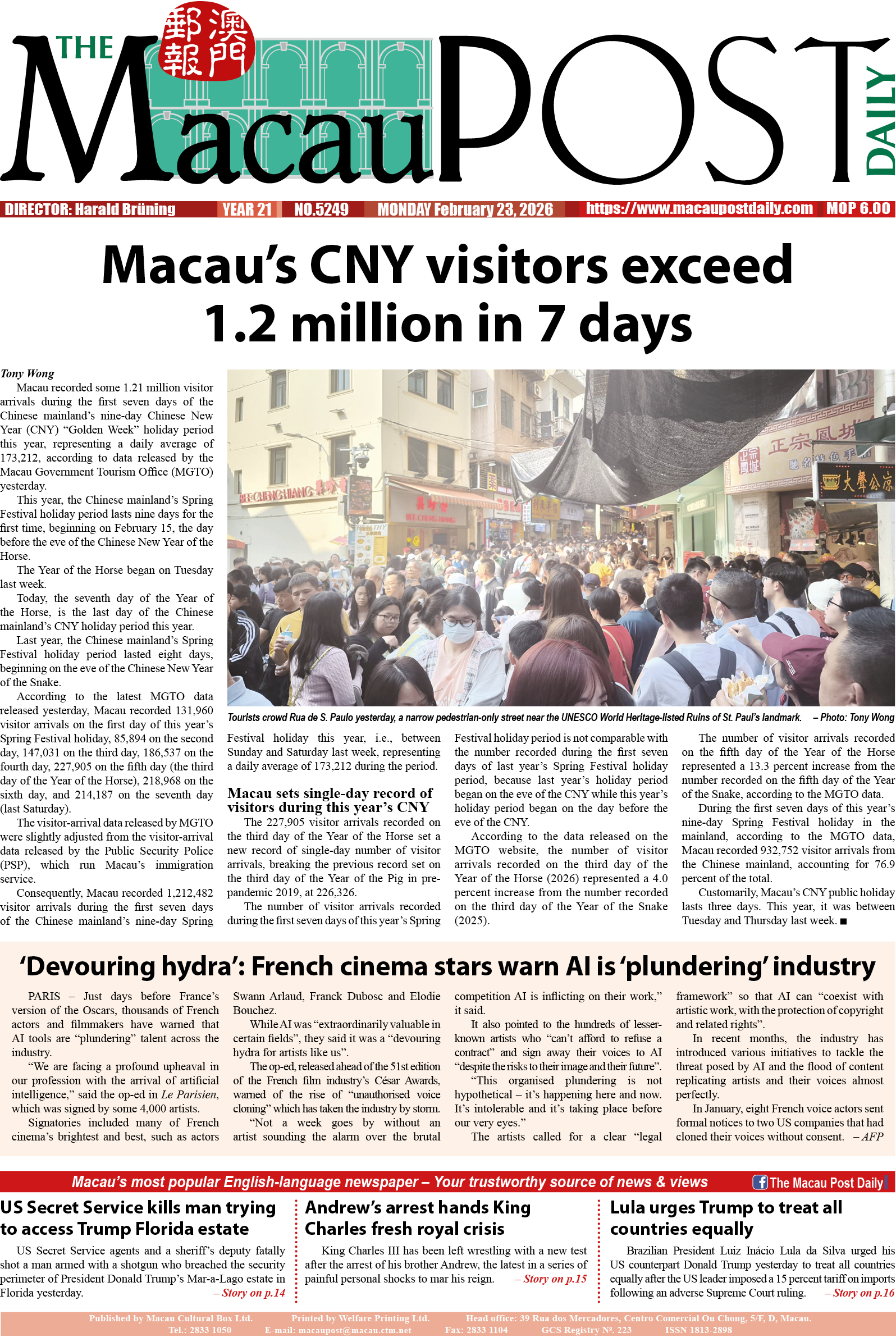Commentary by Yi Fan*
Some 1,000 years ago, during the medieval period, Pope Urban II of the crumbling Holy Roman Empire ordered a religious war, also known as the First Crusade, to reclaim the Holy Land from the Muslims. The Crusades, which went on for over 200 years, strained relations between the East and the West and had a lasting impact on politics in the region and beyond.
Now almost a millennium later, the United States is launching a modern-day crusade against parts of the world that it sees as a challenge to its global dominance. It looks like history is repeating itself all over again.
PERFECT EXCUSE
In 1095, in his inflammatory speech at the Council of Clermont, Pope Urban II accused the Seljuk Turks of committing horrible atrocities against Christians. He declared the Muslims as “a race utterly alienated from God” and admonished the crowd “not to hesitate to take up the way of the Lord.” With such words began the two-century-long persecution of the so-called “heretics.”
Today, the United States is pulling the same tricks on other countries, from Latin America to the Asia-Pacific, and from West Asia to North Africa. Under the pretext of the so-called “God’s will,” the United States has, time and again, tried to mold other countries to its liking so as to retain and strengthen its dominance. From the Monroe Doctrine to the forceful imposition of “democracy” on other countries, from the “Prague Spring” to the “Arab Spring,” the United States has brought nothing but turbulence, misery and suffering. Pascal Boniface, director of the Institute for International and Strategic Affairs in Paris, said in his book “Requiem for the Western World” that the US attempts to democratize other countries are just like the crusades of the 21st century.
DESTABILIZING OTHERS
Prior to the crusades, the Holy Roman Empire was already mired in a struggle for survival. Europe was made up of separate states with many rulers who were constantly fighting each other. Robbers roamed the streets and famine was far too common. People suffered immensely from the chaos. In fact, the crusades were launched in part because the Pope hoped that an external conflict would unite the rulers and stop them from causing problems at home.
Today, the United States is more polarized than ever before, with Democrats and Republicans embroiled in incessant political infighting. Unable to address these structural problems at home, the United States has set its eyes on destabilizing other regions to deflect attention. It has kept fanning the flames of the Ukraine crisis and stoking tensions in the Taiwan Strait. It also created the QUAD mechanism and sought to create another NATO in the Asia-Pacific. All these smack of another Cold War.
RABBLE-ROUSING
In his famous Clermont speech, the Pope claimed that the Holy Land of the East was filled with gold and silver, honey and milk, “like another paradise of delights.” He also promised that those who went on the crusade would be cleansed of all their sins, and would ascend to Heaven directly after their deaths. Falling for his words, members of the high nobility as well as ordinary people sold their properties and set off for the East without hesitation. During the fifth crusade, the Catholic Church even summoned children to become crusaders. Few returned. Most died of hunger or thirst or were drowned at sea, while others were sold as slaves.
Today, the United States propaganda machine is in full gear, hyping up anti-China sentiment and telling its people that China poses the biggest threat to their way of life. Even European countries, many of whom are US allies, have fallen victim to America’s self-serving practices such as green subsidies, the Inflation Reduction Act and Fed interest rate hikes. From the US point of view, countries that do not follow its directions are just like “heretics” of the Middle Ages and thus need to be crushed.
STOPPING AT NOTHING
The crusades in the Middle Ages resulted in many bloody and brutal battles, not only against Muslims, but also against Jews and Christians. The fourth crusade, which sacked the Christian city of Constantinople, was the most ruthless. Most ironically, it turned to slaughtering and pillaging in Constantinople, the world’s largest Christian city that it originally set out to protect. The Byzantine Empire was left much poorer, smaller, and ultimately less able to defend itself. The actions of the crusaders thus directly accelerated the collapse of Christendom in the East.
Today, in order to retain its hegemony, the United States continues to rob other countries in the name of democracy. It has manipulated elections, provoked riots and sowed discord all over the world. Its military-industrial complex sees instability as shortcuts to profits, making money out of the misery of other countries.
The US dollar, the world’s most traded currency, has also been weaponized by the United States. It only costs the United States some 17 cents to produce a 100-dollar bill, and this means significant seigniorage revenue for the country.
Former French President Charles de Gaulle once noted that the exorbitant privilege of the US dollar gave the United States the ability to record a deficit without tears.
To quote former US Treasury Secretary John Connally, “The dollar is our currency, but it’s your problem.”
In recent years, the United States has frozen the hard-earned money of the Afghan people, sabotaged France’s submarine deal, and allegedly blew up the Nord Stream gas pipelines to cut off Russia’s energy supply to Germany. All these have benefited none other than the United States itself.
The crusades of the Middle Ages eventually failed and the power of the Church was weakened. Today, the United States diminishes its own strength every time it flexes its military muscles or hits out at countries with a system different from its own.
It is high time that the United States learned lessons from the crusades and let go of its obsession with global dominance. History must not be allowed to repeat itself.
*Yi Fan is a Beijing-based observer of international affairs.
The views expressed in this article are those of the author and do not necessarily reflect the positions of Xinhua News Agency.
– Xinhua








